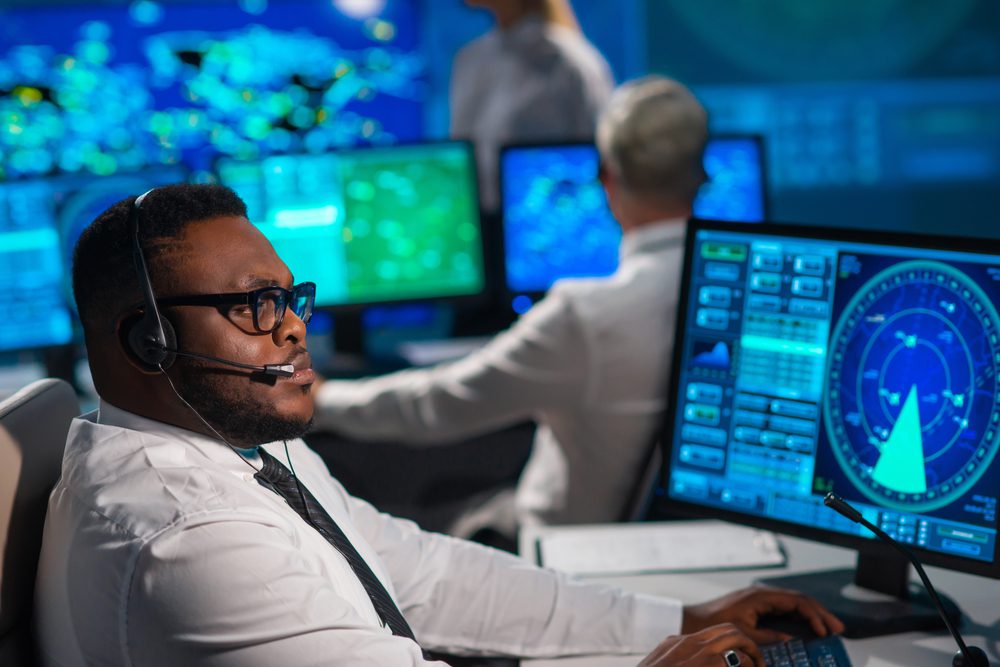In an era dominated by rapid technological advancements, the aviation industry stands at the forefront of innovation. Artificial Intelligence (AI) has become an integral part of aviation, revolutionizing processes and enhancing safety. However, amidst the rise of AI, there are certain aviation jobs that machines cannot replace. As the industry evolves, professionals in these roles not only find job security but also witness a myriad of career opportunities. Let’s delve into the world of aviation and explore nine jobs that AI won’t replace, revealing a landscape brimming with potential for career growth.
1. Pilot
At the zenith of the list is the venerable pilot, the heart and soul of any aircraft. AI may assist in navigation and automate certain aspects of flight, but the indispensable human touch prevails. Pilots bring a unique combination of intuition, decision-making skills, and adaptability that AI cannot emulate. The demand for skilled pilots is soaring, opening up avenues for aspiring aviators to take flight in their careers.
2. Air Traffic Controller
As the skies become more crowded, the role of air traffic controllers remains irreplaceable. These professionals are the guardians of the airspace, orchestrating the symphony of take-offs and landings. The ability to handle unforeseen circumstances, make split-second decisions, and communicate effectively is a human forte. AI may assist, but the nuanced understanding of complex situations and human judgment distinguishes air traffic controllers as indispensable.
3. Aircraft Maintenance Technician
While AI can predict maintenance needs and perform routine checks, the meticulous work of aircraft maintenance technicians demands a human touch. Diagnosing, repairing, and ensuring the overall well-being of an aircraft requires dexterity, experience, and problem-solving skills that machines cannot replicate. As the aviation fleet continues to expand, the demand for skilled technicians is propelling this profession to new heights.
4. Cabin Crew
Beyond the technical aspects of flying, the role of cabin crew members is rooted in providing a human touch to air travel. From ensuring passenger comfort to managing in-flight emergencies, the dynamic nature of the job demands interpersonal skills and emotional intelligence—qualities that AI lacks. The demand for skilled and empathetic cabin crew members continues to grow with the expansion of the airline industry.
5. Aircraft Design Engineer
Crafting the next generation of aircraft requires a creative and innovative human mind. While AI can aid in simulations and data analysis, the intricate process of conceptualizing, designing, and refining aircraft necessitates human ingenuity. Aircraft design engineers are at the forefront of shaping the future of aviation, exploring new materials, aerodynamics, and sustainable technologies.
6. Search and Rescue Pilot
When it comes to high-stakes missions, such as search and rescue operations, the human element is irreplaceable. Navigating through challenging terrains, assessing dynamic situations, and making split-second decisions in the face of adversity are inherent to search and rescue pilots. AI may support, but the blend of skills required in this critical role ensures that humans remain at the helm.
7. Aviation Safety Inspector
Ensuring the safety and compliance of aviation operations demands a comprehensive understanding of regulations and a keen eye for detail. Aviation safety inspectors play a crucial role in maintaining industry standards and safeguarding passengers. The nuanced judgment required to assess safety protocols and adherence to regulations is a realm where human expertise prevails.
8. Cargo Loadmaster
In the realm of cargo transportation, loadmasters are pivotal in ensuring the safe and efficient loading of goods onto aircraft. Their expertise goes beyond mere weight distribution, encompassing an understanding of cargo characteristics, aircraft specifications, and safety protocols. As global trade continues to thrive, the demand for skilled loadmasters is on the ascent.
9. Airport Manager
Orchestrating the seamless operation of an airport is a multifaceted task that extends beyond the capabilities of AI. Airport managers navigate the complexities of logistics, security, and passenger services, requiring a human touch to address the myriad challenges that arise daily. As airports evolve into smart hubs, the role of human managers becomes even more critical in shaping the passenger experience.
While AI is transforming the aviation landscape, there exist pivotal roles where the human touch remains irreplaceable. Aspiring aviation professionals can find solace in the fact that certain careers not only withstand the tide of automation but also offer abundant opportunities for growth. The future of aviation is a harmonious collaboration between humans and technology, with career horizons soaring to new heights.
This story was created using AI technology.
















